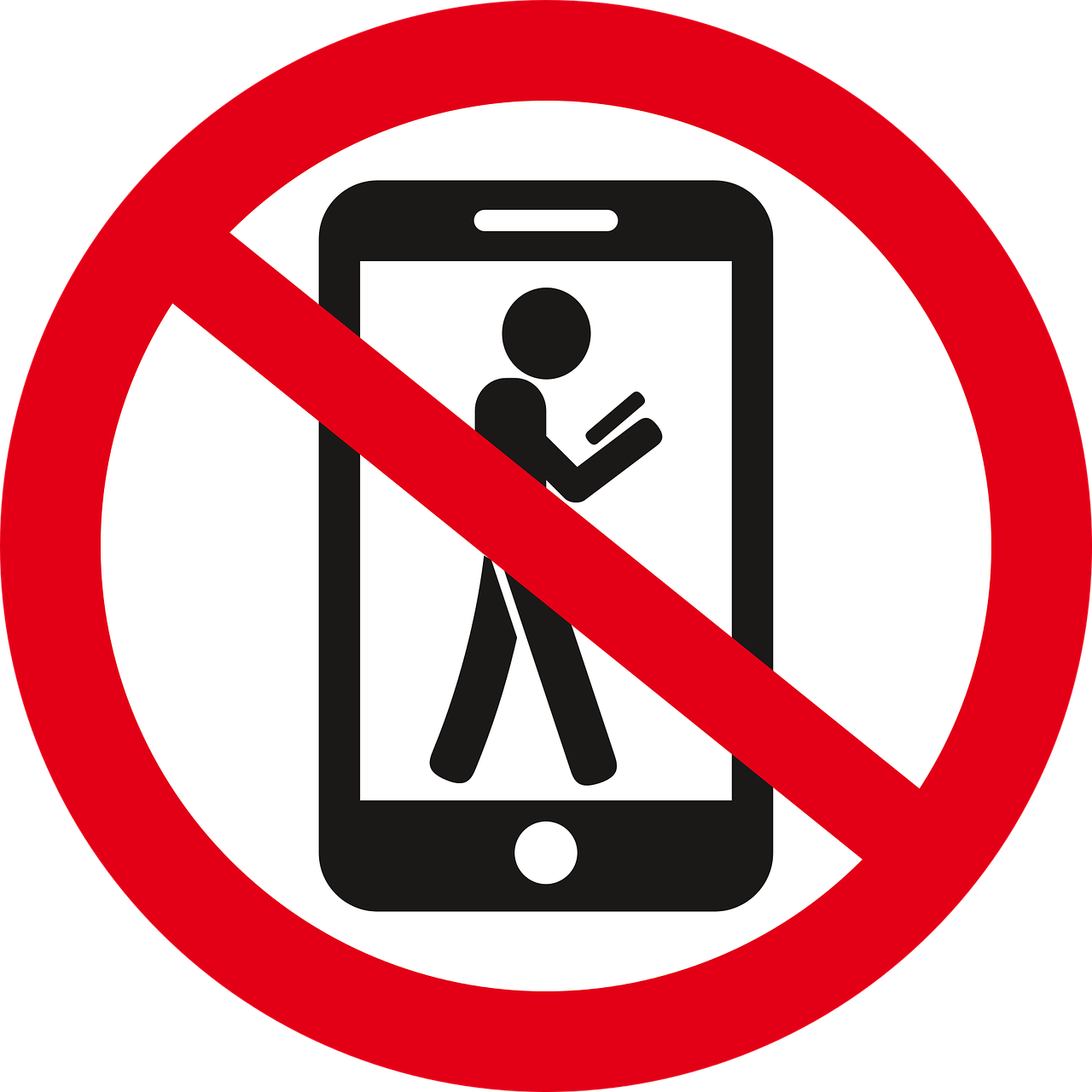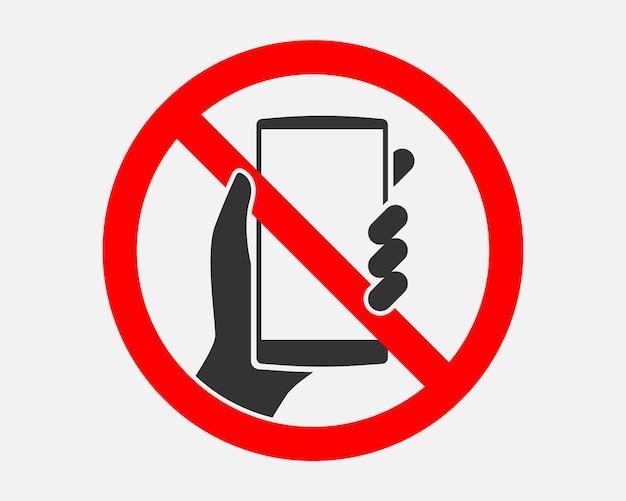Mobile phones have become an inseparable part of our lives, keeping us connected, informed, and entertained at all times. However, when it comes to their presence in schools, there is an ongoing debate about whether they should be banned or embraced. With the advancement of technology, this issue has become even more significant in the fast-paced digital age we find ourselves in.
In this blog post, we will explore the reasons why mobile phones should not be banned in schools. We will delve into the benefits they offer, such as their educational value and practical functionality. Additionally, we will address concerns about excessive phone usage and provide alternative activities to engage students effectively. So, let’s dive into this contentious topic and unravel the truth behind the phone ban frenzy!

Why Mobile Phones Should Not Be Banned in Schools
The Benefits of Embracing Technology in the Classroom
As we navigate the ever-changing landscape of education, one question that continues to spark debate is whether mobile phones should be allowed in schools. While some argue for a complete ban, I believe there are compelling reasons why mobile phones should not be banned in schools. In fact, when used responsibly, these devices can serve as powerful tools for learning, communication, and creativity. So, let’s dive into the amazing benefits of embracing technology in the classroom.
1. Access to a World of Knowledge at Their Fingertips
By allowing students to bring their mobile phones to school, we provide them with instant access to a vast amount of information. Gone are the days of relying solely on textbooks and encyclopedias. With a simple search on their phones, students can gather up-to-date data, explore diverse perspectives, and engage in critical thinking. Learning becomes much more dynamic and interactive, nurturing their curiosity and thirst for knowledge.
2. Enhancing Digital Literacy and Technological Skills
In today’s digitally-driven world, being tech-savvy is no longer a luxury but a necessity. Allowing mobile phones in schools gives students the opportunity to develop their digital literacy and hone their technological skills. From researching online to creating multimedia presentations, using educational apps to coding projects, students learn how to navigate and leverage technology effectively. These skills are not only vital for their academic success but also for their future careers.
3. Fostering Communication and Collaboration
Contrary to popular belief, mobile phones can actually facilitate communication and collaboration among students. With messaging apps and social media platforms, students can effortlessly connect with their peers to exchange ideas, discuss assignments, and collaborate on group projects. Additionally, teachers can leverage various communication tools to provide instant feedback, answer questions, and engage with their students outside classroom hours. By embracing mobile phones, schools encourage a sense of community and create an environment that mirrors real-world communication dynamics.
4. Engaging Learning through Interactive Apps and Gamification
Let’s face it: traditional teaching methods can sometimes be a tad boring. However, mobile phones offer a myriad of educational apps and gamified platforms that make learning more engaging, interactive, and fun! Whether it’s solving puzzles, participating in quizzes, or exploring virtual reality experiences, these applications tap into students’ intrinsic motivation while bolstering their understanding of complex concepts. By integrating mobile phones into the learning process, schools can transform education into an adventure rather than a tedious chore.
5. Developing Responsibility and Digital Citizenship
Instead of banning mobile phones altogether, schools have the opportunity to educate students about responsible phone usage and digital citizenship. By setting clear guidelines and instilling a sense of responsibility, we empower students to make informed decisions about when and how to use their mobile phones during school hours. This not only prepares them for managing distractions but also teaches them about digital etiquette, online safety, and the ethical use of technology—essential skills in our interconnected world.
Embrace the Power of Mobile Phones in Education
In conclusion, instead of shunning mobile phones, let’s harness their potential to revolutionize education. By embracing technology, we equip students with the tools they need to thrive in the modern world. From accessing a wealth of knowledge to developing essential skills, fostering communication and collaboration, and transforming learning into a captivating experience, mobile phones can be transformative in the classroom. So, let’s pave the way for a future where we embrace the power of mobile phones, shaping well-rounded and digitally proficient individuals ready to conquer the challenges of tomorrow.

FAQ: Why Mobile Phones Should Not Be Banned in Schools
Why are Mobile Phones Important to Students
Why is my phone important to me
Mobile phones have become an integral part of our lives, and students are no exception. They serve as a communication tool, a source of information, and a productivity enhancer. With their smartphones, students can stay connected with their parents, classmates, and teachers. They can access educational resources, research materials, and helpful apps that can aid in their learning process. In this digital age, mobile phones have become a necessity for students to thrive academically and socially.
The Debate: Should Mobile Phones be Banned in Schools
Is it bad to be on your phone a lot
Spending excessive time on our phones can have negative consequences, such as decreased productivity, social disconnection, and potential health issues. However, it’s important to note that moderation is the key. Mobile phones can provide students with valuable educational resources and opportunities for personal growth. Instead of completely banning them, schools should focus on teaching students how to manage their screen time responsibly.
Should mobile phones be banned in schools debate
The debate surrounding the banning of mobile phones in schools has been ongoing for years. Some argue that phones distract students, disrupt the learning environment, and contribute to academic dishonesty. However, a blanket ban fails to acknowledge the potential benefits mobile phones can bring to the educational experience. Rather than an outright ban, implementing balanced usage policies and educating students about responsible phone usage can resolve the issue more effectively.
Why Mobile Phones Should Remain Allowed in Schools
Why mobile phones should not be banned in schools
-
Enhanced Learning Opportunities: Mobile phones offer students access to a vast array of educational apps, online course materials, and interactive learning resources. Incorporating technology in the classroom can improve engagement, facilitate personalized learning, and better prepare students for the digital world they will be entering.
-
Emergency Preparedness: In case of emergencies, mobile phones provide students with a lifeline to quickly reach out to authorities, parents, or medical services. Banning phones could potentially put students at a disadvantage during critical situations when immediate communication is necessary.
-
Teaching Responsibility: Rather than completely removing phones from the equation, allowing students to use their mobile phones responsibly can teach them valuable skills in self-regulation and time management. It’s an opportunity for students to learn how to balance their academic responsibilities and use technology as a tool for productivity.
Why are phones detrimental for society
While some may argue that mobile phones have detrimental effects on society, it’s important to remember that the issue lies more with their misuse rather than the devices themselves. Excessive screen time, online addiction, and detrimental social media behavior are concerns that need to be addressed. However, responsible phone usage can promote productivity, enhance communication, and provide access to valuable information.
Alternatives to Excessive Phone Usage
What can I do instead of using my phone
-
Engage in Physical Activities: Get involved in sports, go for a walk, or participate in group activities to stay active and maintain a healthy lifestyle.
-
Read a Book: Dive into the captivating worlds of literature. Reading not only improves knowledge but also enhances imagination and critical thinking skills.
-
Socialize Face-to-Face: Instead of simply messaging or calling, spend quality time with friends and family. Interacting in person fosters stronger connections and promotes social skills development.
-
Pursue Hobbies: Discover new interests and talents by engaging in hobbies such as painting, playing a musical instrument, or cooking.
-
Volunteer or Get Involved in Community Service: Give back to society by actively participating in volunteer work or community projects. Making a positive difference can be incredibly fulfilling.
By recognizing the value of mobile phones as educational tools, promoting responsible usage, and encouraging a healthy balance between screen time and other activities, schools can harness the potential benefits of technology while addressing concerns related to overuse. Embracing mobile phones in the educational environment can empower students to navigate the digital world responsibly and prepare them for future success.
